Market Analysis
In-depth Analysis of Automotive Door Seal Market Industry Landscape
The automotive industry, currently experiencing a robust surge, stands out as a primary driver propelling the growth of the Automotive Door Seals market. This symbiotic relationship between the automotive sector and door seals is becoming increasingly evident as the thriving automotive industry directly translates into a heightened demand for advanced door sealing solutions. Automotive Door Seals, integral components utilized by the automotive industry in their finished products, play a crucial role in meeting the evolving demands of this dynamic sector.
The recent upswing in the automotive industry has created a ripple effect, positively influencing the Automotive Door Seals market. As the automotive sector continues to expand and diversify, the demand for door seals, a fundamental component in vehicle manufacturing, experiences a parallel rise. This interdependence underscores the pivotal role that Automotive Door Seals play in contributing to the efficiency, safety, and comfort of vehicles produced by the automotive industry.
A significant factor contributing to the growth of both the automotive industry and the Automotive Door Seals market is the comparative increase in disposable income across the globe. The rise in individual incomes has fueled a surge in the demand for automobiles, driving the automotive industry to innovate and cater to a more discerning consumer base. This heightened consumer demand for vehicles, in turn, directly impacts the need for high-quality door seals, as they are an integral part of the finished automotive product.
Automotive Door Seals, often overlooked by consumers, are crucial components that contribute to the overall performance and longevity of a vehicle. Beyond merely sealing gaps between doors, these seals contribute to the reduction of external noise, prevention of vibrations, and enhancement of passenger comfort. The growing awareness among consumers regarding the impact of door seals on their driving experience has led to an increased emphasis on the quality and performance of these essential components.
The development of high-performance door seals represents a notable stride in meeting the evolving needs of the automotive industry. Manufacturers are focusing on creating seals with increased mechanical strengths and longer shelf life, aligning with the industry's commitment to durability and efficiency. These advancements not only contribute to the overall performance of vehicles but also cater to the industry's sustainability goals by ensuring longer lifespans and reduced environmental impact.
As the automotive industry continues to evolve in response to technological advancements, regulatory changes, and shifting consumer preferences, the Automotive Door Seals market is poised for sustained growth. The collaborative efforts between automotive manufacturers and door seal producers are resulting in innovative solutions that go beyond mere functionality, contributing to a holistic driving experience.


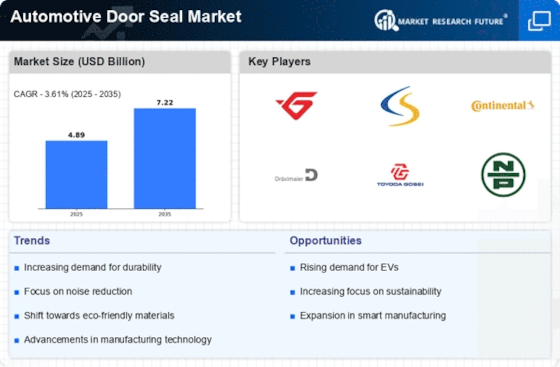

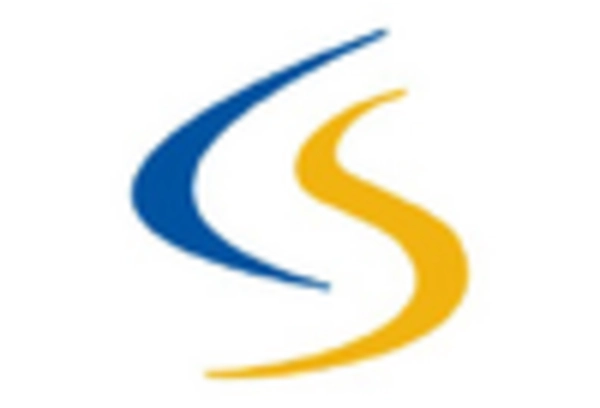
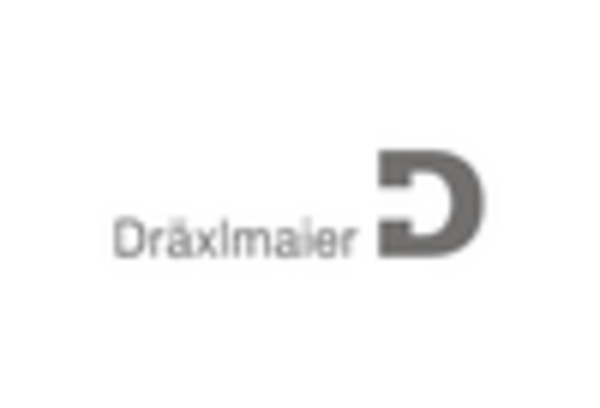
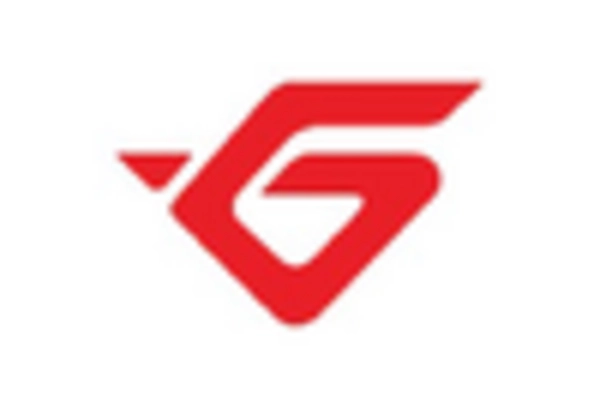
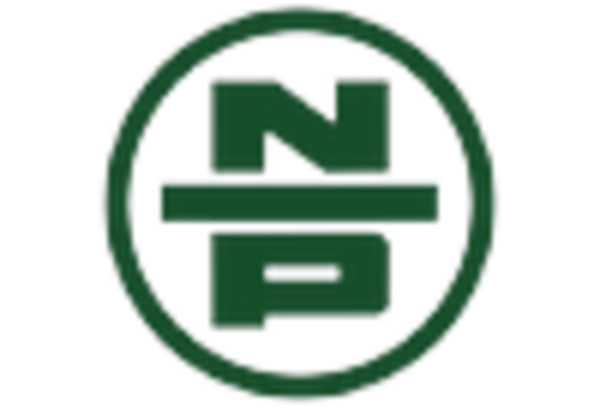
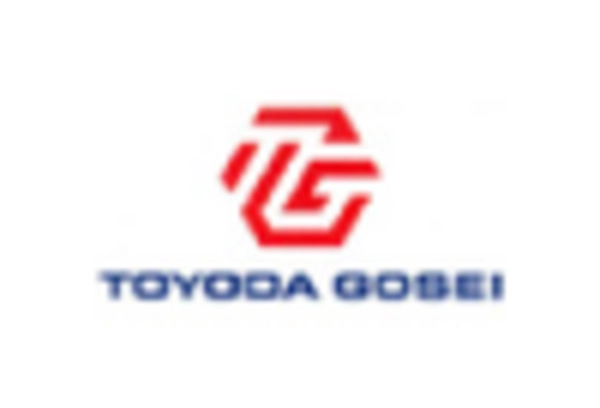










Leave a Comment